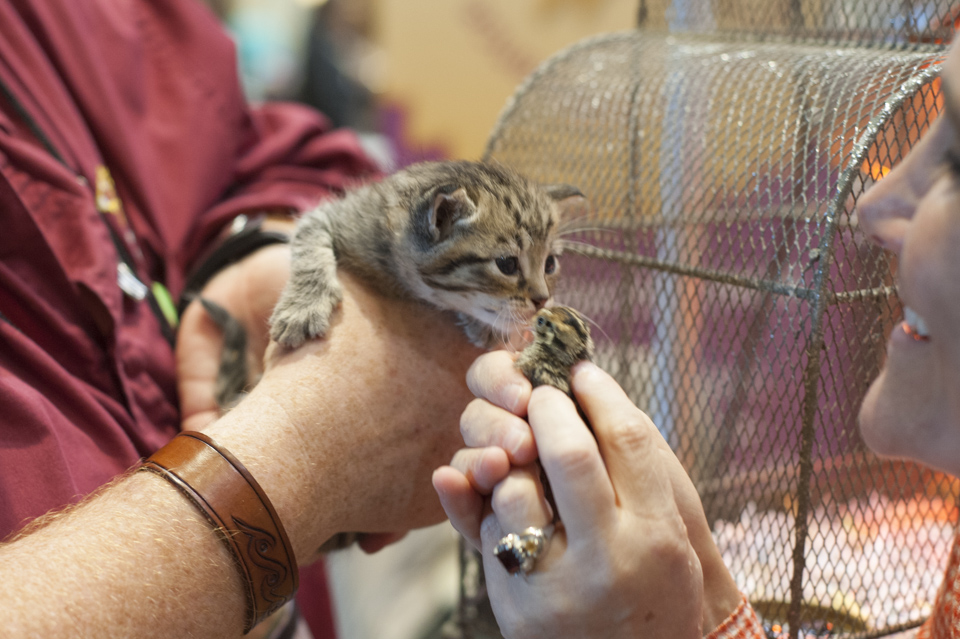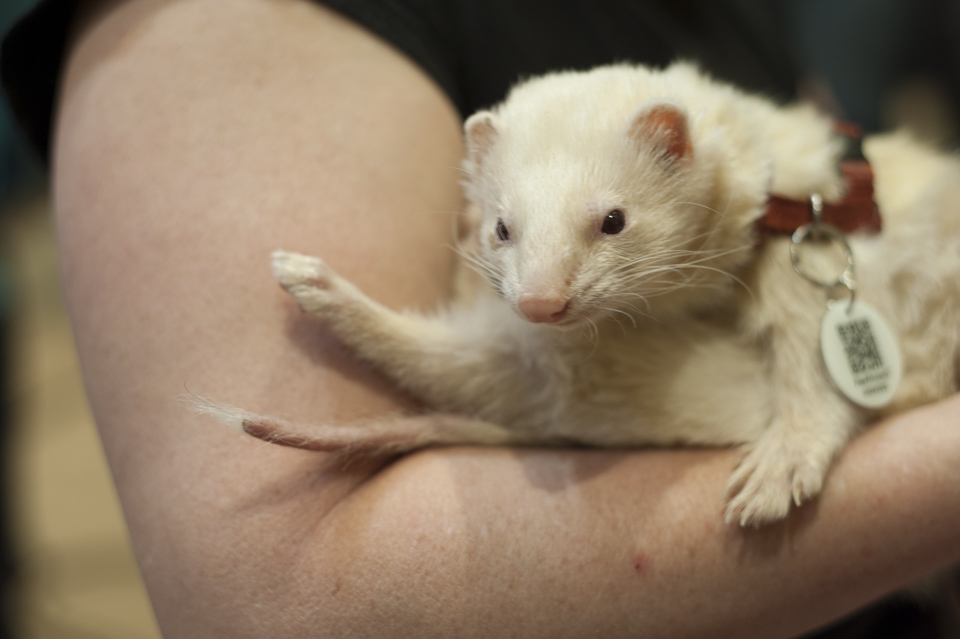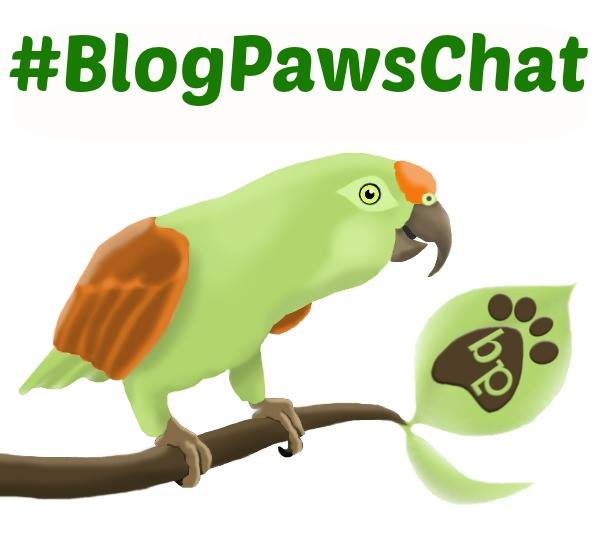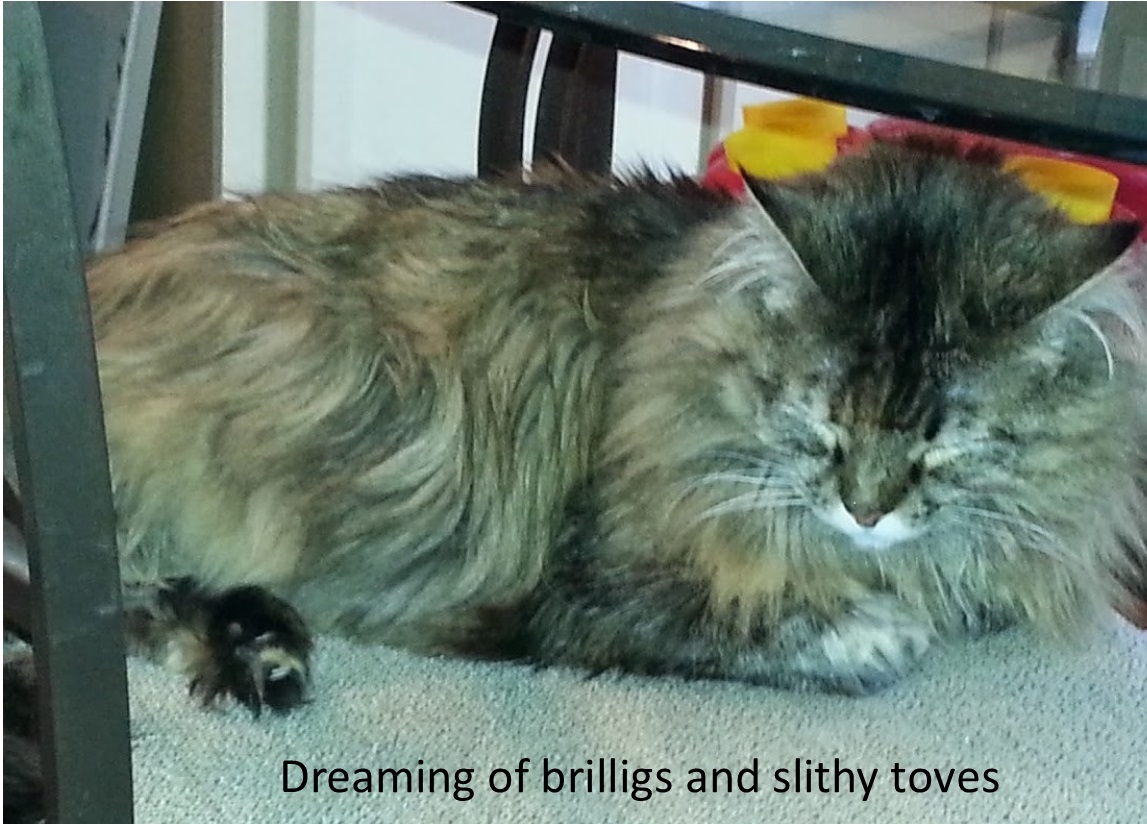The Truth About Pet Health and #Zooeyia
Dr Patrick Mahaney: Pet industry expert, veterinarian, colleague, and someone who has spoken at and attended most BlogPaws Conferences. . Mahaney’s terrier, Cardiff, is living (and thriving) despite his diagnoses of Immune Mediated Hemolytic Anemia and more recently, cancer. Here’s the scoop on vitamins and supplements for dogs from my interview with Dr. Mahaney recently for Fidose of Reality.
BlogPaws hosts Google Hangouts on Air, which occur twice a month on our Google account. This recent chat with Dr. Patrick is timely because BlogPaws is celebrating Aging Pets Appreciation month. You can watch the entire very informative pet health focused HOA (Hangout on Air below).
We asked Dr. Patrick about the human animal bond and zooeyia. Have you heard of it? The Human Animal Bond Research Initiative (HABRI) Foundation is a non-profit research and education organization that is gathering, funding and sharing the scientific research that demonstrates the positive health impacts of animals on people. HABRI brought Dr. Kate Hodgson to the BlogPaws 2014 Conference on Lake Las Vegas for one of the impactful keynotes to date. There she talked about zooeyia and in this hangout, you’ll learn what it means, why it’s important, and an exclusive Q&A to keep pets healthy. You can hear the entire speech from Dr. Hodgson if you read on. For now, here’s Dr. Patrick with me for Pet Health and zooeyia.
To recap some highlights:
Carol Bryant for BlogPaws: What is Zooeyia?
Dr. Patrick Mahaney: Zooeyia refers to beneficial effects companion animals have on human health. The word zooeyia is the derived from the Greek roots of zoion (animals) and Hygeia (health). Zooeyia may sound like an exotic disease where animals serve as the source of infection for people (zoonosis, there spread of illness across species), but it’s actually the positive inverse of zoonosis.
Carol Bryant for BlogPaws: How did we become familiar with Zooeyia?
Dr. Patrick Mahaney: I attended an inspiring lecture titled Pets in the Family: Impact on Human Health —Zooeyia at BlogPaws 2014. BlogPaws is always a place where I enjoy networking with other pet-industry professionals and expanding my horizons.
Dr. Kate Hodgson, DVM, MHsSs, CCEMP teamed with the Human Animal Bond Research Initiative Foundation (HABRI) to share aspects of the means by which pets can benefit the health of their owners that’s backed up by scientific evidence. After all, it’s always good to scientifically prove one’s beliefs and societally-accepted trends through studies that help lend legitimacy to one’s beliefs and societally-accepted trends.
Carol Bryant for BlogPaws: The general idea that pets help improve the health of their humans is great, but what are some specific examples of how Zooeyia works?
Dr. Patrick Mahaney:
a. Pets can be catalysts for harm reduction- stop smoking
Society knows that smoking is harmful to humans and to people directly exposed to second-hand smoke are also at risk. The same principle applies to our companion canines and felines, as second-hand smoke and the toxic residues deposited on our clothes or environmental surfaces (i.e. third-hand smoke) pose serious health risks.
After all, pets groom themselves and can ingest toxins from their fur simply by striving to keep their coats clean. Additionally, pets are more likely than humans to lick the floor or other surfaces and thereby absorb layers of toxins.
Most cats’ lifestyle confines them indoors, so they are even more prone to the noxious effects of smoking, especially when it comes to cancer. Cats living in smoking households are more pronto to oral squamous cell carcinoma, lymphoma, and mammary cancer. Brachycephalic dogs (“short faced”, like a Pug, English Bulldog, etc.) are affected by lung cancer while dolichocephalic (“long faced”, like a Collie, Greyhound, etc.) commonly develop nasal cancer due to second-hand smoke exposure.
Tobacco Control 2009: 0:1-3, “the dangers of pet exposure to second-hand smoke is motivation to owners to quit or attempt to quit smoking, motivate household members to quit, and to forbid smoking inside the home.”
The fact a pet’s presence can prompt a person to quit smoking shows that veterinarians play a key role in educating owners about the negative implications their habits have on their pets. Thereby, the health of the owner is also benefitted but such awareness.
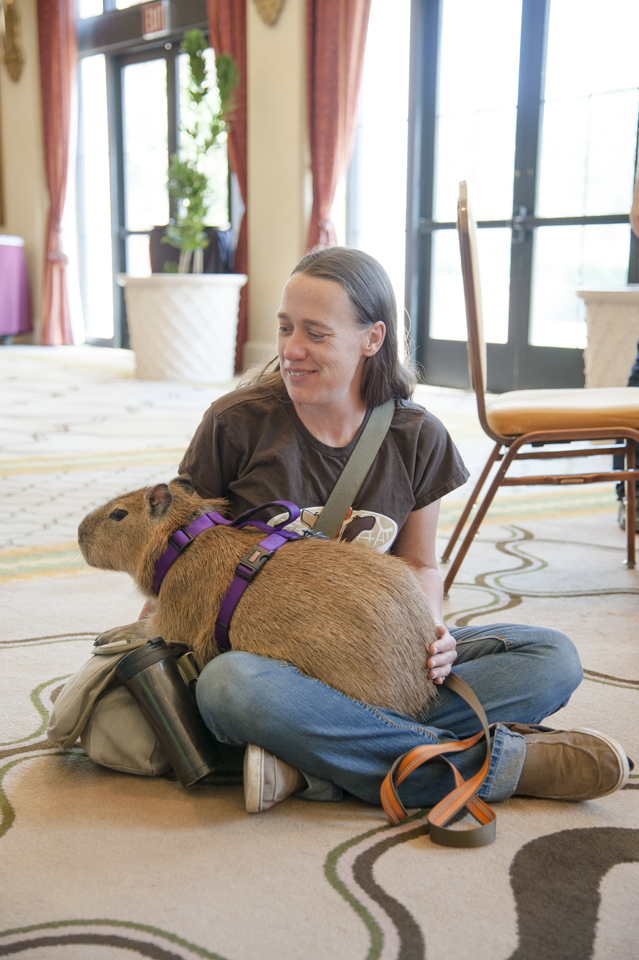
b. Pets can be motivators of healthy lifestyle choices- increase exercise
We all know that exercise should be part of our daily lives, but for many Americans this awareness isn’t enough incentive for them to get up and move for the sake of their health.
Pets, especially dogs, can be great motivation for owners to increase their physical activity. The PPET (People Pets Exercising Together) Study showed that owners who regularly exercised with their dog stuck with their workout plan as compared to participants lacking canine companionship during exercise.
Dogs are great motivators because they often initiate exercise (needing to be taken out to urinate and defecate), add enjoyment to activities, and are a source of “parental pride.”
Of course, before you start on an exercise program with your canine companion, schedule an examination with your veterinarian.
c. Pets can be a therapeutic intervention to treat illness- manage stress, anxiety, or depression
The presence of a pet in the household can provide an owner with a variety of mental health benefits, including a sense of attachment, emotional and social well-being, and decreased feelings of isolation occurring during psychiatric illness.
According to Hypertension, 2001: 38:815-820 “pets provide non-judgmental social support intervention that buffers pathogenic responses to stress.”
Although our feline companions don’t necessarily get us up and exercising like their canine counterparts, cat ownership “significantly reduces the risk of cardiovascular disease and associated death.” One health-yielding benefit of having a cat is the relaxing and blood pressure-lowering effect associated with gently stroking your furry friend’s back.
Carol Bryant for BlogPaws: How has zooeyia benefited you personally?
Dr. Patrick Mahaney:
As you all well know, my dog Cardiff recently endured surgery and treatment to overcome cancer (T-Cell Lymphoma).
Although managing my own dog’s current battle with cancer and ongoing day-to-day health can be stressful, I feel grateful to the positive contributions Cardiff provides makes to my physical, emotional, and spiritual well-being. Cardiff’s presence in my life exemplifies zooeiya, as he makes me slow down, be patient, and focus on prioritizing his and my health on a daily basis.
For more on Cardiff and his tale of overcoming cancer, see:
Related articles (from Dr. Mahaney’s PetMD The Daily Vet column)
When Pets Complete Chemotherapy are They Cancer-Free?
Feeding Your Dog During Chemotherapy Treatment
Can a Veterinarian Treat His Own Pet?
How a Vet Diagnoses and Treats Cancer in His Own Dog
A Veterinarian’s Experience with Treating His Dog’s Cancer
Top 5 Acupuncture Success Stories
Carol Bryant for BlogPaws: How can our audience learn more about Zooeiya?
Dr. Patrick Mahaney: For further information on the means by which pets complement human health, see Zooeyia: An essential component of “One Health”
Here’s the type of fabulous content we share at the BlogPaws Conference. We are proud to share Dr. Kate Hodgson courtesy HABRI.
How has your pet enhanced your life?


